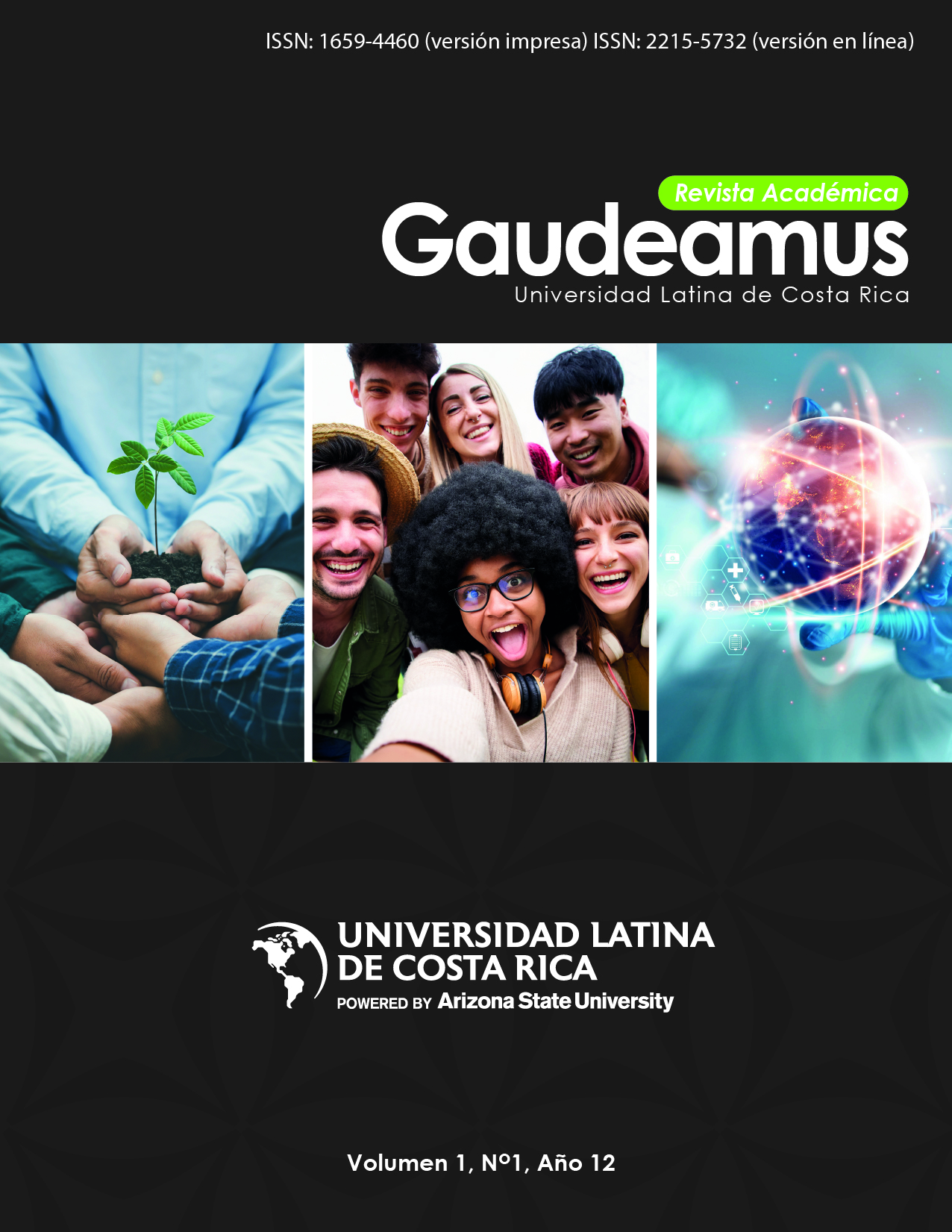Strategy for Implementing Education for Sustainable Development through the Biology Subject in Class 10-1 of Liceo de Belén de Carrillo 2022
Keywords:
Ambiente de aprendizaje, desarrollo sostenible, docente, educación, enseñanza, estrategia didáctica, recursos didácticos, métodos y técnicas didácticas.Abstract
This study investigated the implementation of Education for Sustainable Development within the Biology curriculum to foster meaningful learning and the development of life skills at the educational center of Belén de Carrillo, Guanacaste. The study focused on students in section 10-1 during the year 2022, recognizing the vital importance of sustainable development for human survival and its impact on overall quality of life. Education was identified as the primary means to achieve personal transformation through the teaching-learning process.
The study established specific objectives, including the development of a methodological proposal, assessment of the learning environment, and examination of programs, projects, and activities related to sustainable development issues. Methodologically, data collection employed various techniques such as interviews with closed questions, surveys with questionnaires, and focus group discussions guided by closed questions. The triangulation method was applied in the analysis of gathered information.
Findings revealed that the thematic contents of the Biology subject effectively promote learning about sustainable development and are well-received by students. The positive learning environment, along with the teacher's level of expertise, further enhances student engagement and comprehension. However, areas for improvement were identified across all categories, suggesting the need for teachers to design didactic plans incorporating techniques and methods that foster active and dynamic learning environments. Such an approach aims to empower students to construct knowledge within a pleasant atmosphere, ultimately contributing to their holistic development and societal contribution towards sustainable development.
Downloads
References
Banguero Lozano, H. E. (2019). Desarrollo humano sostenible: teoría y política del desarrollo económico, social y sostenibilidad ambiental. Cali, Ecoe Ediciones. Recuperado de https://elibro.utn.elogim.com/es/eread er/biblioutn/126476?page=25.
Quirós, Q. R (2022). Tesis Implementación de la Educación para el Desarrollo Sostenible desde la materia de estudio de Biología, para favorecer el aprendizaje significativo y el desarrollo de habilidades para la vida, en los estudiantes de la sección 10-1 del Liceo de Belén de Carrillo, Guanacaste, durante el periodo II semestre 2022 (Tesis de Licenciatura no publicada). Universidad Latina de Costa Rica.
Innovación y Cualificación, S. L. (2019). Gestión ambiental y desarrollo sostenible. Málaga, IC Editorial. Recuperado de
https://elibro.utn.elogim.com/es/eread er/biblioutn/124252?page=8.
Madrinan Restrepo, S. y Sánchez M. J. A. (2012). Biodiversidad, conservación y desarrollo. Bogotá, Colombia: Universidad de los Andes. Recuperado de
https://elibro.utn.elogim.com/es/eread er/biblioutn/69422?page=338
Ministerio de educación pública (2020). Política y Plan de Acción de Educación para el Desarrollo Sostenible.
Ministerio de Educación Pública: Educar para nueva Ciudadanía (2017). Programa de Estudio de Biología Educación Diversificada.
Ministerio de Ambiente y Energía: Dirección de Cambio Climático. (2022). Plan Nacional de Adaptación al Cambio Climático de Costa Rica, 2022 - 2026. San José, Costa Rica. 204pp . https://cambioclimatico.go.cr/plan-naci onal-de-adaptacion/
Published
Versions
- 2024-03-15 (2)
- 2024-03-14 (1)







